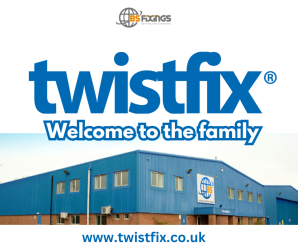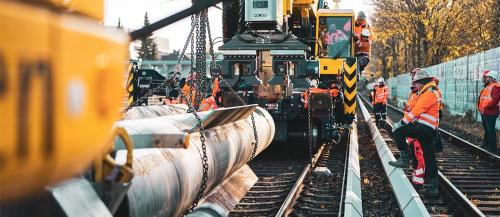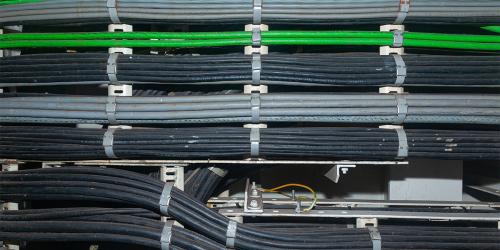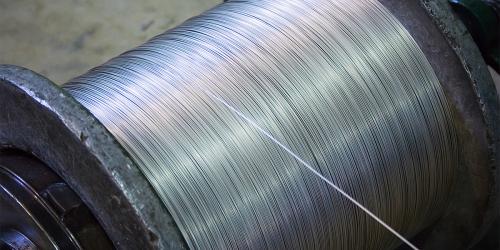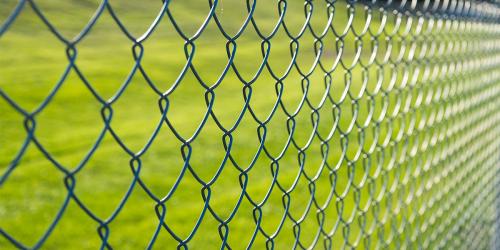- Stainless steel is 100% recyclable, meaning it can be melted down and repurposed into new products without losing any of its original properties or quality.
- Stainless steel products can have a long lifespan, meaning they do not need to be replaced as frequently as other materials, resulting in less waste.
- Stainless steel does not release any harmful chemicals or toxins into the environment during its production or use.
- Stainless steel can be reused and repurposed in a variety of different applications, making it a versatile material that can reduce the need for new materials to be produced.
- Stainless steel is resistant to corrosion, meaning it does not need to be coated with chemicals to prevent rusting, which can be harmful to the environment.
- The production of stainless steel uses significantly less energy compared to other materials, resulting in a smaller carbon footprint.
- Stainless steel can be recycled indefinitely without losing quality, making it a sustainable material choice.
- Stainless steel can help reduce the amount of plastic waste, as it is often used as a more durable and sustainable alternative to plastic in products such as water bottles and food containers.
- Stainless steel can help reduce the amount of wood used in certain applications, as it is often used as a more durable and long lasting alternative to wood in products such as outdoor furniture and decks.
- The production of stainless steel generates a slag, which is a non-toxic byproduct that can be used as a construction material or in the production of cement, further reducing the environmental impact of stainless steel production.
10 Reasons Why Stainless is Environmentally Friendly
Latest from BS Fixings
BS Fixings Welcome Twistfix to the BS Family!
We’re excited to announce that Twistfix® is now part of the BS Stainless Ltd & BS Fixings family. As a leading supplier of high-quality building materials, BS Fixings is always looking to expand and enhance our product ranges to better serve the construction industry. With the addition of Twistfix, we’re strengthening our commitment to […]
Continue readingUK Construction Sector Strives to Meet Net Zero Targets by 2050
At BS Fixings, we know the UK construction industry is a large generator of greenhouse gases, and with this sector currently contributing up to 40% of the nation’s total emissions, it now has a huge responsibility for the nation’s transition to a sustainable, low-carbon economy. This is now especially the case with the Government’s Net […]
Continue readingImpact of Rising Energy Costs on UK Construction Projects
We realise that over the past few years, the cost of energy has skyrocketed, with current annual gas and electricity bills being 29% higher than they were in winter 2021/22 and unit prices for gas increasing by 14% in October alone. These constant increases have understandably led to widespread concern across the construction sector, as […]
Continue readingAbout Stainless Steel Banding
Stainless steel banding is an essential component in various industries, providing durable, corrosion-resistant solutions for securing, fastening, and bundling materials. Whether used in construction, automotive, marine, or telecommunication applications, stainless steel banding offers unparalleled strength and longevity. In this blog, we will explore the benefits, applications, and types of stainless steel banding available today. What […]
Continue readingAbout Stainless Steel Wire
Stainless steel wire is a versatile and durable material used in a wide range of industrial, commercial, and domestic applications. Known for its strength, corrosion resistance, and flexibility, stainless steel wire is an essential component in construction, manufacturing, and even artistic designs. In this blog, we will explore the benefits, applications, and types of stainless […]
Continue readingAbout Tying and Lacing Wire
Tying and lacing wire are essential tools in various industries, particularly in construction, insulation, and gardening. In the UK, these wires are widely used for securing reinforcement bars, insulating materials, fencing, and more. Understanding the types, applications, and selection criteria for tying and lacing wires can greatly enhance the efficiency and durability of your projects. […]
Continue reading
